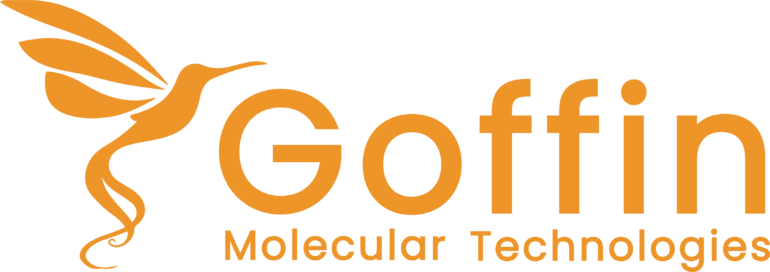
X
- No products in the list

The UltraSEEK EGFR Panel enables accurate detection of EGFR variants in circulating free DNA (cfDNA), making it ideal for non-small cell lung cancer (NSCLC) research. Using as little as 10 ng of cfDNA, this liquid biopsy assay detects six critical EGFR mutations—including p.T790M, p.C797S, and p.L858R—commonly linked to targeted therapy resistance. Designed for minimal hands-on time and high efficiency, the panel reduces sample rejection often seen with NGS by working with low tumor content and limited DNA yield. The UltraSEEK EGFR Panel helps streamline variant profiling in challenging clinical samples, ensuring reliable data even from compromised specimens.
The UltraSEEK® EGFR Panel is a research-use-only assay designed to detect six high-impact EGFR variants from circulating free DNA (cfDNA) samples. Developed for non-small cell lung cancer (NSCLC) studies, this panel enables researchers to carry out sensitive mutation profiling in samples that often fall below traditional testing thresholds. With just 10 ng of cfDNA, laboratories can assess key variants such as T790M, C797S, E746_A750del, and L858R, even in the presence of low tumor fractions.
This panel minimizes the need for invasive tissue biopsies and supports longitudinal sample collection in translational research and clinical trials, all while reducing time, cost, and sample rejection rates.
EGFR mutations are among the most common driver alterations in NSCLC and play a critical role in determining response to tyrosine kinase inhibitors (TKIs). Activating mutations such as L858R and E746_A750del are known to confer initial sensitivity to EGFR-targeted therapies. However, resistance mutations—including T790M and C797S—often emerge after treatment, limiting clinical efficacy.
Monitoring EGFR-positive patients over time using liquid biopsy allows clinicians to track clonal evolution and adjust therapeutic strategies accordingly. Detecting these mutations accurately and with minimal input DNA is essential for reliable data, particularly in research focused on resistance mechanisms and treatment sequencing.
The UltraSEEK EGFR Panel offers a highly sensitive, multiplexed assay for detecting clinically relevant EGFR mutations in cfDNA. Leveraging Agena’s proprietary mass spectrometry-based technology, the panel detects low-frequency mutations with high specificity—even in challenging, low-yield samples that are often rejected by NGS platforms.
Mutation coverage includes:
p.E746_A750del (c.2235_2249del & c.2236_2250del)
p.L858R (c.2573T>G)
p.T790M (c.2369C>T)
p.C797S (c.2390G>C & c.2389T>A)
The panel’s simple workflow, short hands-on time (~1 hour), and fast turnaround (8 hours total) make it suitable for research labs that require both sensitivity and speed in NSCLC studies.
The UltraSEEK EGFR Panel uses multiplex PCR followed by single-base extension and detection via mass spectrometry. This technology enables discrimination between wild-type and mutant alleles in samples with low variant allele frequency. The workflow is optimized for minimal manual steps, making it both efficient and reproducible.
Workflow overview:
cfDNA extraction from plasma or serum
PCR amplification of target EGFR regions
Single base extension using UltraSEEK reagents
Detection via mass spectrometry
Variant reporting through automated software
This robust and cost-effective approach supports consistent mutation detection across diverse cfDNA samples, reducing failure rates compared to sequencing-based methods.
While the UltraSEEK EGFR Panel is for research use only, its applications are highly aligned with translational and clinical research goals. In NSCLC, EGFR-targeted therapies rely on precise mutation information for both treatment initiation and monitoring resistance. Tissue biopsies, however, are not always feasible or representative of current tumor dynamics.
With the UltraSEEK Panel, researchers can perform longitudinal analysis of EGFR mutations via liquid biopsy, enabling real-time monitoring of disease evolution. This is especially useful in multi-center studies and for patient cohorts with limited tissue access.
In addition, this assay’s ability to work with low tumor content and degraded DNA significantly increases sample inclusion, enhancing data completeness and study reliability.
Brochure
For any missing information or if you require additional details, please do not hesitate to contact us.